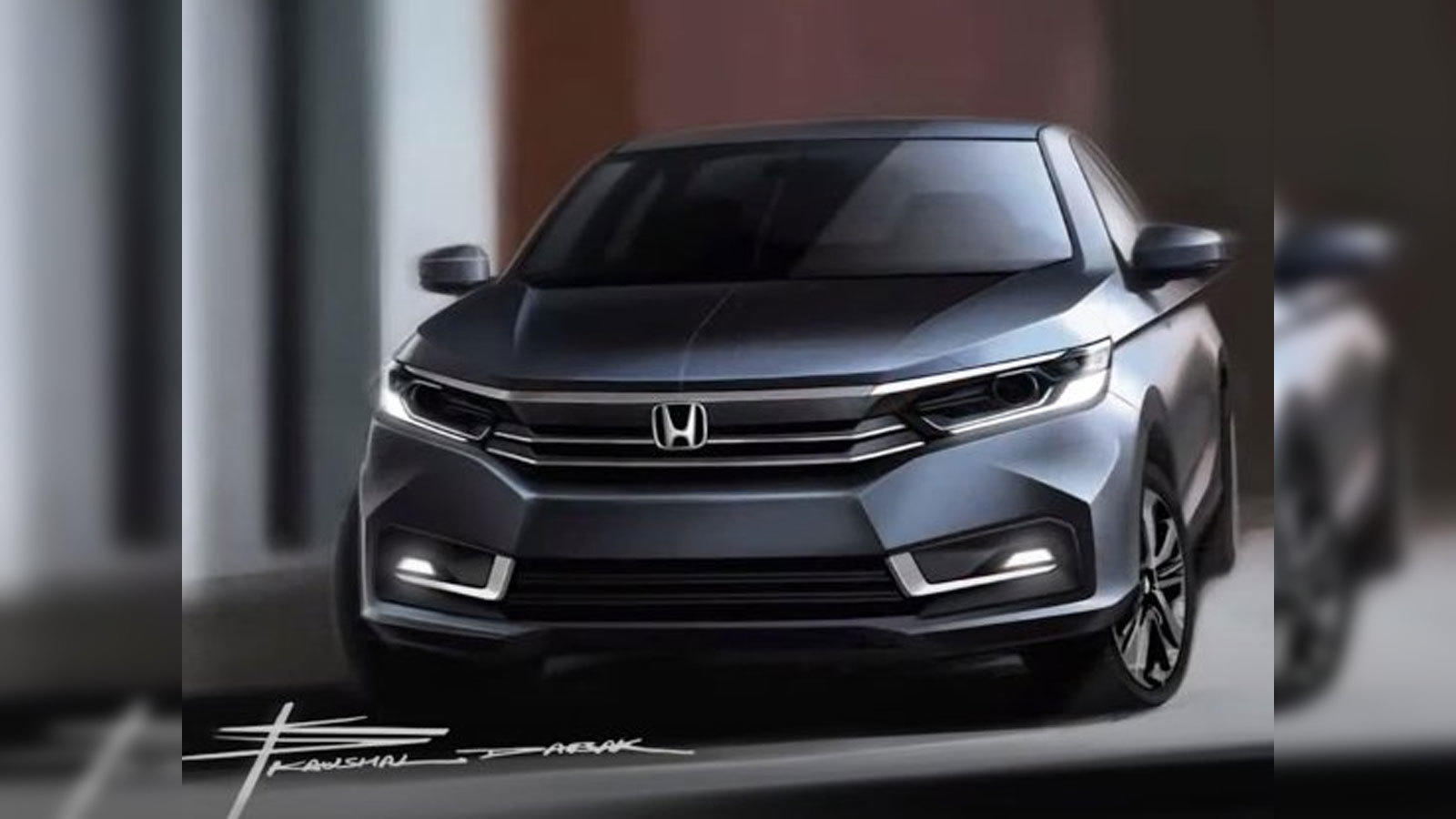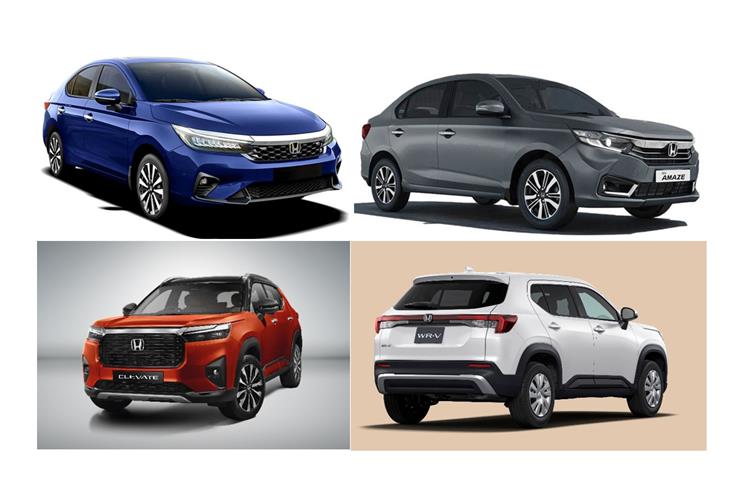Honda Motor Co., Ltd. is a global leader in the automotive and motorcycle industries, known for its commitment to innovation, quality, and sustainability. With a diverse portfolio that includes cars, motorcycles, power equipment, and advanced technologies, Honda has established a strong presence worldwide. This SWOT analysis explores Honda's strengths, weaknesses, opportunities, and threats, providing insights into its current position and future prospects.
Strengths:
Strong Brand Reputation and Quality
Honda has built a solid reputation for producing reliable, high-quality vehicles and motorcycles. The brand is synonymous with engineering excellence, innovation, and customer satisfaction. Honda's commitment to quality control and durability has earned it numerous awards and high customer loyalty across various markets.
Diverse Product Portfolio
Honda offers a wide range of products, including passenger cars, motorcycles, power equipment, and industrial engines. This diversification allows Honda to cater to different customer segments and reduce dependency on any single market. Models like the Honda Accord, Civic, and CR-V are popular worldwide, while its motorcycles, such as the Honda CBR and CB series, are market leaders in many regions.
Leadership in Innovation and Technology
Honda is at the forefront of automotive innovation, investing heavily in research and development. The company has pioneered advancements in fuel efficiency, safety, and alternative fuel technologies, including hydrogen fuel cells and electric vehicles. Its development of the Honda Sensing suite of safety features showcases its commitment to enhancing vehicle safety and technology.
Strong Global Presence
With operations in over 150 countries, Honda has a robust global footprint. Its manufacturing facilities in strategic locations allow it to respond quickly to market demands and maintain competitive pricing. This extensive network enables Honda to capitalize on emerging markets and adapt to regional preferences.
Commitment to Sustainability
Honda is dedicated to environmental sustainability and has set ambitious goals for reducing greenhouse gas emissions. The company is actively developing electric and hybrid vehicles and aims to achieve carbon neutrality by 2050. This focus on sustainability aligns with global trends and consumer preferences for greener technologies.
Weaknesses:
Recall Issues
Honda has faced several high-profile recalls over the years, which have affected its brand image and customer trust. Issues related to safety, such as the Takata airbag recall, have posed significant challenges for the company, resulting in financial costs and reputational damage.
Limited Presence in Certain Segments
While Honda excels in the compact and mid-size car segments, it has a limited presence in the luxury vehicle market compared to competitors like Toyota (with Lexus) and Nissan (with Infiniti). This absence restricts its ability to capture market share in a growing segment of affluent consumers seeking premium features.
Dependence on North American Market
A significant portion of Honda's revenues comes from the North American market, making it vulnerable to economic fluctuations, changing consumer preferences, and regulatory challenges in that region. Economic downturns or shifts in demand could impact Honda's profitability.
Slow Adoption of Electric Vehicles
Although Honda has made strides in hybrid technology, its electric vehicle (EV) offerings lag behind competitors like Tesla and newer entrants. The slow rollout of fully electric models may hinder Honda's ability to compete effectively in the rapidly growing EV market.
Opportunities:
Growth in Electric and Hybrid Vehicles
The global shift toward electric and hybrid vehicles presents a significant opportunity for Honda. As consumer demand for sustainable transportation grows, Honda can leverage its expertise in engineering to develop competitive electric models and expand its hybrid lineup.
Expansion into Emerging Markets
Honda can capitalize on the growing demand for automobiles in emerging markets such as India, Southeast Asia, and Africa. By tailoring products to meet local preferences and needs, Honda can establish a stronger presence in these regions, where automotive demand is on the rise.
Investment in Smart Mobility Solutions
With advancements in connected vehicle technologies and autonomous driving, Honda has the opportunity to invest in smart mobility solutions. Collaborations with tech companies and startups can facilitate the development of autonomous driving features and enhance connectivity in vehicles, appealing to tech-savvy consumers.
Enhancing Product Offerings in Motorcycles
Honda is a leader in the motorcycle segment, and there is potential for growth in electric and electric-hybrid motorcycles. Expanding its offerings in this area could tap into the increasing demand for eco-friendly transportation solutions.
Threats:
Intense Competition
The automotive industry is highly competitive, with numerous players vying for market share. Competitors such as Toyota, Ford, Volkswagen, and newer entrants like Tesla pose significant challenges. The constant innovation and aggressive marketing strategies of competitors can impact Honda's market position.
Economic Volatility
Economic fluctuations, trade tensions, and geopolitical uncertainties can adversely affect consumer purchasing power and demand for vehicles. Honda's dependency on key markets like North America makes it vulnerable to such economic challenges.
Regulatory Pressures
The automotive industry faces increasing regulatory pressures related to emissions, fuel efficiency, and safety standards. Compliance with stringent regulations requires substantial investments in technology and infrastructure, which can impact profitability.
Supply Chain Disruptions
Global supply chain disruptions, such as semiconductor shortages and raw material price fluctuations, pose threats to Honda's production capabilities. These disruptions can lead to production delays, increased costs, and potential revenue losses.
Conclusion:
Honda Motor Co., Ltd. is a formidable player in the global automotive and motorcycle markets, backed by a strong brand reputation, diverse product portfolio, and commitment to innovation. However, challenges such as intense competition, recall issues, and a slow shift toward electric vehicles must be addressed to maintain its market leadership. By capitalizing on opportunities in the electric vehicle sector, emerging markets, and smart mobility solutions, Honda can continue to thrive and adapt to the evolving landscape of the automotive industry.








No comments: